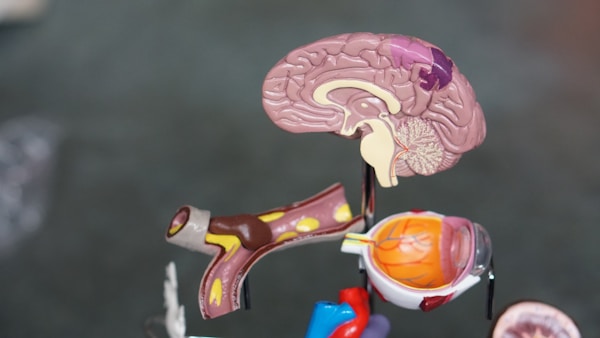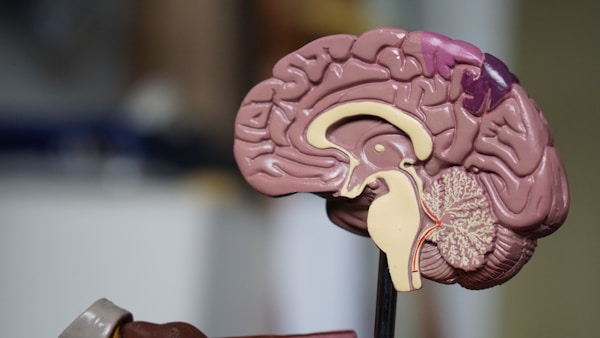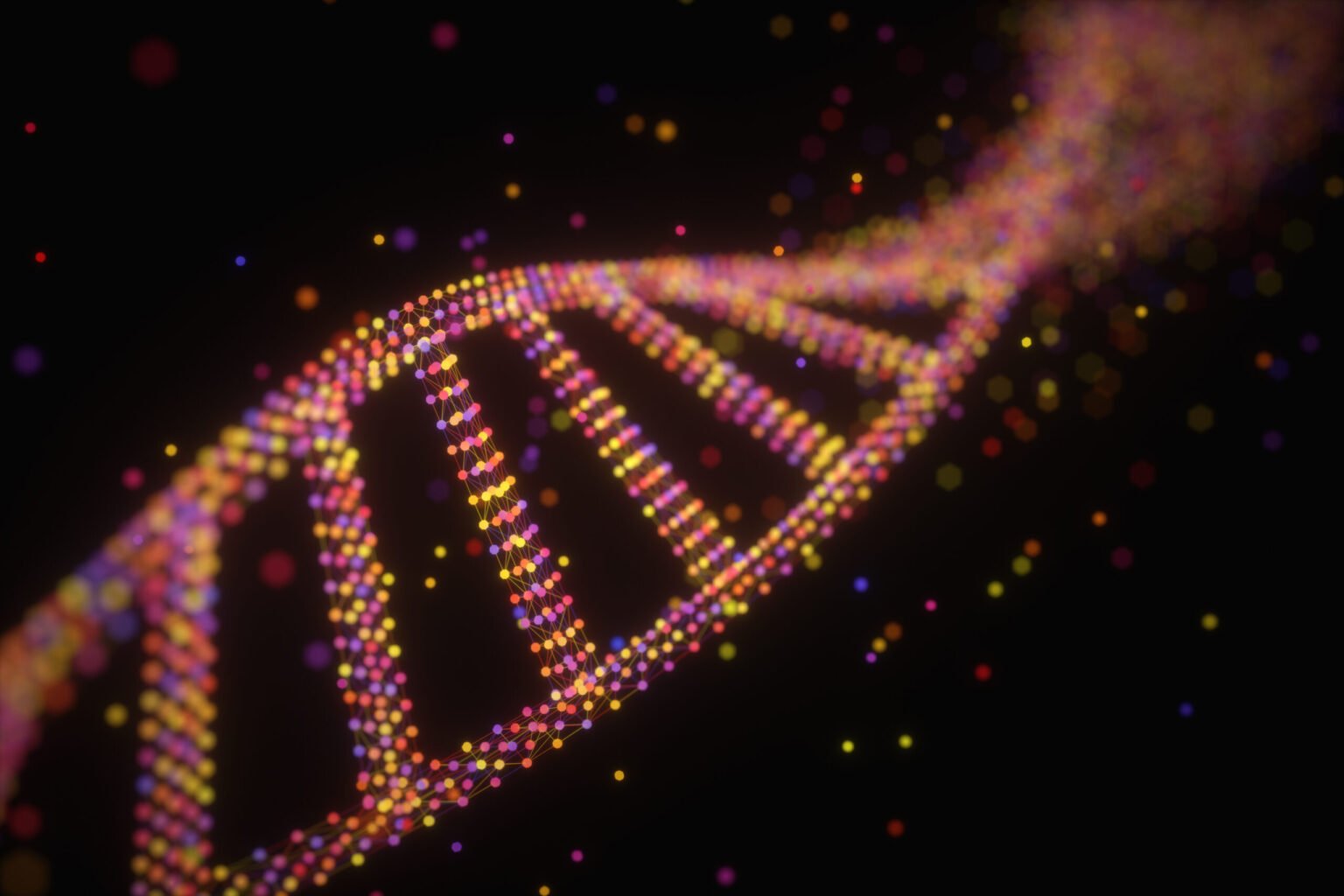Are you looking for ways to boost nicotinamide adenine dinucleotide (NAD plus) levels? NAD+ is a vital molecule for cellular energy production and DNA repair, and having healthy levels of this molecule can help protect against aging and degenerative diseases. But how can you ensure your NAD+ levels are where they should be? Keep reading to learn more.
What is NAD plus?

Nicotinamide adenine dinucleotide is an essential molecule found in all living cells. It plays a vital role in various physiological processes, including DNA repair, cell signaling, metabolism, and energy production. NAD+ is crucial for cell survival and is involved in many important biological functions.
How can you increase your NAD+ levels?
As we age, the levels of NAD+ in our bodies decline. This decline in NAD+ levels is thought to contribute to the aging process and the development of age-related diseases. In recent years, researchers have been investigating ways to increase NAD+ levels as a potential anti-aging therapy.
There are several ways to increase your NAD+ levels and keep your body functioning at its best. A healthy diet is one of the most effective ways to do this. Foods rich in nutrients, such as vitamin B3, also known as niacin, can help boost NAD+ levels. These foods include beef, chicken, dairy products, fish, and whole grains.
Another way to increase NAD+ levels is through supplementation. Certain supplements, such as nicotinamide riboside (NR), have been shown to boost NAD+ levels significantly. NR is a form of vitamin B3 that enhances the body’s NAD+ production pathways. This supplement is available in many forms, including capsules and powders, and can be easily incorporated into your daily routine. However, be sure to consult your healthcare provider before taking any supplements.
Additionally, lifestyle factors such as regular exercise, quality sleep, and stress reduction techniques can help boost NAD+ levels and promote overall health and well-being.
Increasing NAD+ levels shows promise as a potential therapy for age-related diseases and may help slow the aging process.
What is NAD+ responsible for in the body?

The primary role of NAD+ is to act as a coenzyme for metabolic reactions, specifically those involved in converting nutrients into energy. This molecule acts as a mediator between the enzymes that break down nutrients and the energy-producing organelles within cells, ultimately facilitating energy production by helping to shuttle electrons from one enzyme to another.
Energy production is a critical component of the metabolic process and helps convert the energy from the food we eat into usable adenosine triphosphate (ATP) energy for the body. NAD+ is responsible for transferring electrons between molecules during cellular respiration, which is vital for producing ATP energy.
In addition, NAD+ is also involved in a process called DNA repair, which is essential for maintaining the integrity of genetic material within cells. By serving as a substrate for a group of enzymes called PARPs, NAD+ promotes the repair of damaged DNA and helps prevent mutations from accumulating within cells over time.
This coenzyme also plays a role in regulating gene expression, which is necessary for proper cellular function and development, immune system response, and anti-aging mechanisms. NAD+ is also a vital regulator of the circadian rhythm, which is responsible for regulating our sleep-wake cycle, metabolism, and other bodily functions.
The functions of NAD+ are fundamental to many aspects of cellular health and homeostasis, making it a key cellular component for overall well-being. NAD+ plays a vital role in a considerable number of biological processes that keep our body functioning and healthy.
It’s clear that increasing NAD+ levels through diet and supplements can positively impact the body. It can help to improve energy levels, reduce stress, support healthy aging, and more. Taking the right supplements and eating the right foods can help to increase NAD+ levels, offering numerous benefits.











